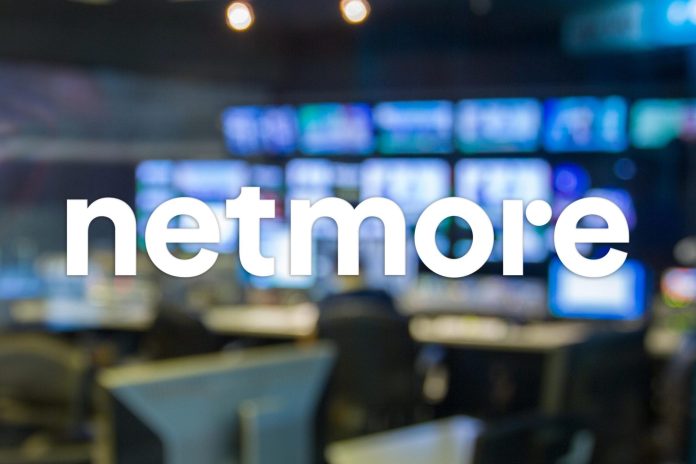Sweden-based IoT operator Netmore Group, new parent of Nordic IoT Networks, has said it is building a nationwide LoRaWAN network in Ireland, starting in Dublin. The rollout is part of the company’s international expansion strategy. The company has been active in Ireland since 2010, via assorted subsidiaries, cooperation agreements, customer agreements, it said.
Netmore acquired all shares in Nordic IoT Networks, which owns “hundreds” of LoRaWAN gateways, from IoT service provider Talkpool at the start of March in a deal valued at SEK 7.5 million (€730,000). Netmore, founded in 2010 in Sweden, has been listed on the Nasdaq First North Growth Market since 2017, and offers private and public 5G networks, alongside LoRaWAN-based low-power wide-area (LPWA) IoT.
The company’s mission statement says: “Together with property owners, IoT service providers and other partners, we build secure, reliable and open IoT ecosystems that enable digitization in industries and industries in all geographic markets.”
In Ireland, the company is splitting its LoRaWAN offer into three parts: ‘coverage on demand’ for IoT service providers, where Netmore offers to adapt and expand its network for specific use cases; as a three-month trial platform, for IoT IoT providers to test Netmore’s entire LoRaWAN offering free of charge; and as an ‘integrated’ connectivity offer, where partners can package LoRaWAN coverage and costs into commercial IoT solutions,
At home, in Sweden, Netmore has a stated strategy to build the country’s first nationwide IoT network, based on LoRaWAN. The company said 20 new municipalities have plugged into its LoRaWAN network in Sweden. Netmore has also entered into a cooperation agreement with ServaNet in Sweden, a city network company jointly-owned by the municipalities of Sundsvall, Härnösand, Timrå, Ånge, Strömsund and Ragunda.
The collaboration will see Netmore offer “enhanced LoRaWAN coverage” in these cities, and ServaNet offer LoRaWAN coverage through other Netmore geographies. Meanwhile, Netmore is promoting its own IoT ‘marketplace’ for software developers and sensor makers to “explore and implement” IoT projects together.
Fredrik Skoglund, sales manager for Netmore IoT Network, said: “As the network grows and coverage increases, it also strengthens our business as we have the opportunity to provide more devices with attractive IoT subscriptions. The geographical roll-out plan for our nationwide IoT network is based on increased demand for large-scale IoT solutions, and in parallel with municipalities and other network owners joining, we also see that our coverage guarantee – which is based on the right subscription volume guarantees coverage for our customers IoT project – has had a good effect on the market.”
The company has a deal worth “at least” SEK 2.3 million (€230,000) over five years with an anonymous Swedish “tech company” to develop a global connectivity service, based on eSIM, for LoRaWAN customers on the company’s international networks, and roaming onto partner networks. Netmore’s global SIM, adapted for IoT devices, supports 200 customers in 24 countries, the company reckons, Most are in the Nordic region, but it also connects customers in Germany, France, Poland, and the US.
Martin Flenhagen, sales manager for Netmore M2M, commented: “This deal is a perfect piece of the puzzle for Netmore, where we can benefit in the best possible way from both our expertise in tailor-made and scalable connectivity solutions, and our platform for international roaming via eSIM. The customer’s very ambitious investment also creates good conditions for our business to grow as the customer receives increased demand.”

